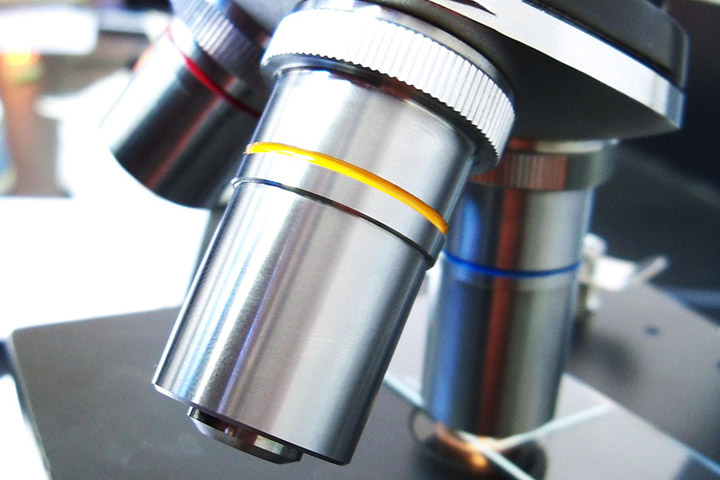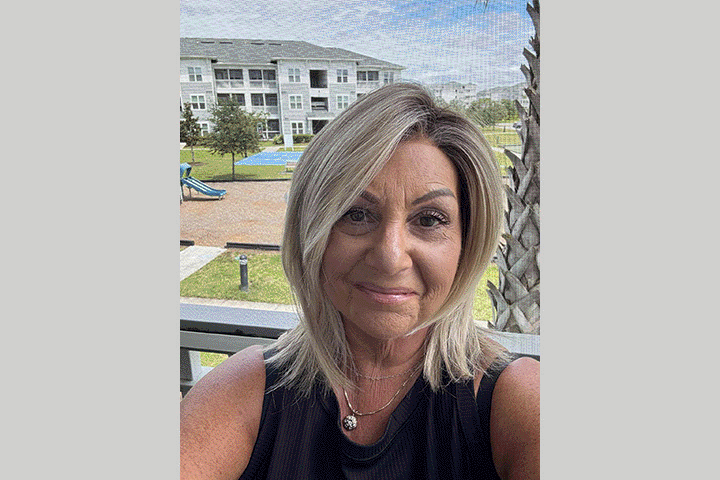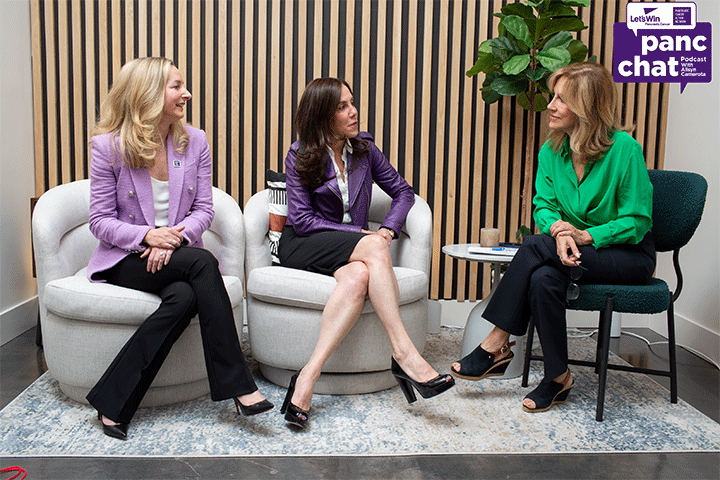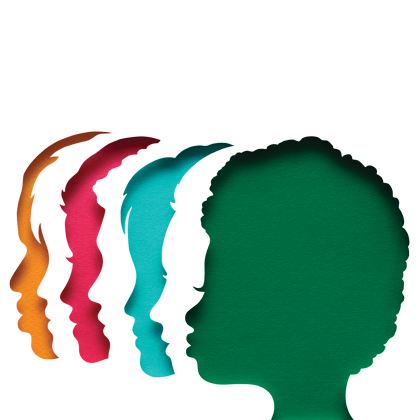Thirteen Survival Years and Counting
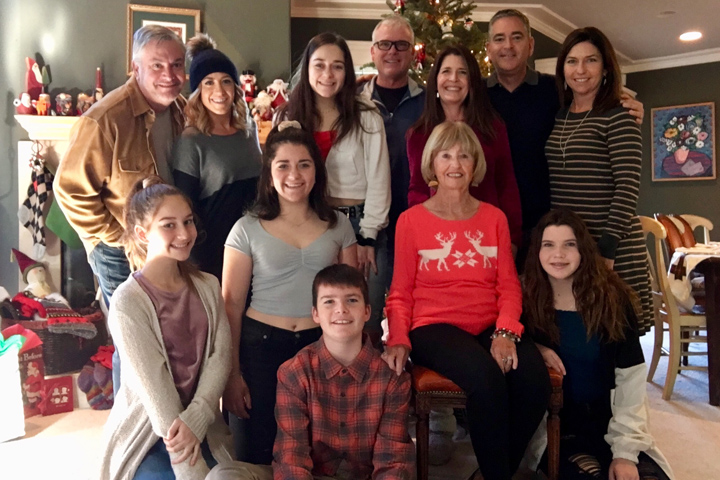
- Jaundice leads to pancreatic cancer diagnosis
- My local oncologist consults experts at large research centers
- Whipple followed by chemotherapy
- Waging Hope so others will survive
I am a 13-year-and-counting survivor of pancreatic cancer.
In the summer of 2006, when I was 66, I went to my doctor because I noticed I was jaundiced—my eyes and skin were yellow. I was also itching a lot. Looking back, I realize that I had also started to lose weight. My doctor sent me for blood tests, a CT scan, and an ERCP. A tumor was found on my pancreas.
I live in San Jose, California, and met with a local internist specializing in oncology (he is now retired). He consulted with Dr. Margaret Tempero at the University of California, San Francisco (UCSF). The Whipple procedure was recommended, followed by chemotherapy and possibly radiation.
Whipple Surgery
I was referred to Dr. Jeffrey Norton, a highly experienced surgeon who had done hundreds of Whipple procedures, at Stanford University. My Whipple surgery was performed at Stanford Hospital on August 8, 2006. My tumor was diagnosed at stage IIB.
I was hospitalized for nine days and experienced no complications. I was also seen by the Stanford tumor board and Dr. George A. Fisher, Jr. I attribute my recovery and return to health to my access to excellent care in a high-volume cancer center.
Within 10 days of being discharged from the hospital, I began six months of chemotherapy with Gemzar and cisplatin, the UCSF protocol. I had the typical side effects from the chemo but overall the treatment was well-tolerated. Any side effects were lessened by medications to treat them. I elected not to have the radiation.
Life After Pancreatic Cancer
I did not seriously consider clinical trials. Only one was mentioned to me—a vaccine—but it was not recommended. If I were diagnosed today, I would seriously consider a clinical trial from the outset. Thirteen years ago, so little was known about treating pancreatic cancer and there were few clinical trials available.
Because genetic testing is now recommended for all pancreatic cancer patients, I had the testing at Stanford in 2019. Thankfully, no mutations were detected.
I am no longer being followed for pancreatic cancer! I see my local family doctor when I need to. In 2019 I had a CT scan because my doctor wanted to check; the scan was clear.
I am a passionate supporter of PanCAN and have been volunteering with them for 12 years. Every spring I travel to Washington, D.C., to join with other volunteers demanding increased funding for pancreatic cancer research. I am a past member of PanCAN’s national Survivor Council and as such, am aware of the World Pancreatic Cancer Coalition. For the eighth year my team is raising money for PurpleStride Silicon Valley, which will be held on November 2, 2019.
Hear Diane’s story in her own words in “Individuals Can Make a Difference.”
